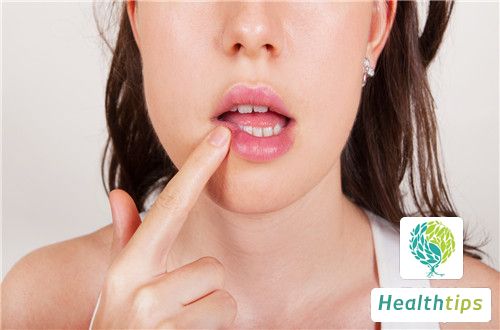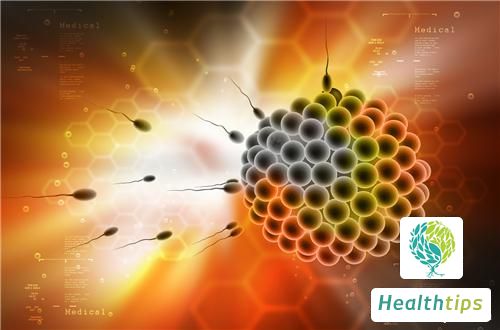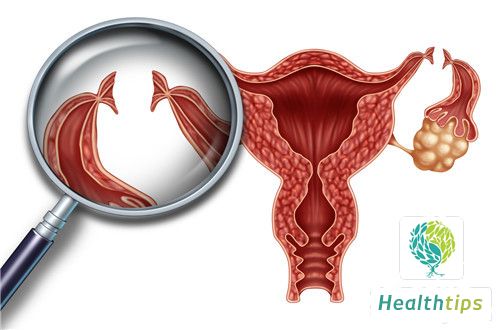What Foods Should Be Avoided When Having Syphilis?
Syphilis is a highly contagious disease, and the main transmission routes are sexual contact, blood transmission, and vertical transmission. During the treatment period, there are certain foods that syphilis patients are advised to avoid. These include spicy foods, seafood, foods that are easy to cause heat in the body, greasy foods, and sour and astringent foods. Eating less of these foods during treatment can help with recovery.

Spicy foods are not suitable for syphilis patients as they can stimulate the body. Foods such as pepper, chili, ginger, and mustard should be avoided. Additionally, smoking and drinking alcohol should be avoided as they are not conducive to recovery.
Syphilis patients should avoid foods that can trigger the disease, as they can affect treatment effectiveness and worsen the condition. Common trigger foods include tofu, leek, konjac, certain edible fungi such as shiitake mushrooms and button mushrooms, and certain vegetables like pumpkin, spinach, mustard greens, and bamboo shoots. Additionally, some fruits such as mangoes, waxberries, ginkgo nuts, peaches, and cherries should be avoided during treatment.
Seafood is not suitable for syphilis patients as it can exacerbate symptoms. Foods such as crabs, shrimp, pomfret, and hairtail should be avoided.
Syphilis patients should avoid foods that are easy to cause heat in the body, as they can have a negative impact on treatment. These foods are generally more stimulating, such as garlic, mustard, lychees, lamb, and beef.
Syphilis patients should avoid greasy foods such as fatty meat, pork belly, and fried foods. These foods are relatively heavy and can lead to an increase in dampness and heat in the body, causing recurrent symptoms.
Syphilis patients should avoid sour and astringent foods such as spinach, pomegranates, gorgon fruit, peas, and taro. These foods can increase internal heat, leading to liver qi stagnation and recurrent symptoms.
In summary, syphilis patients have a wide range of foods to avoid. During treatment, it is recommended to maintain a light diet and consume foods that are easy to digest. Appropriate intakes of protein and vitamins can help improve immune function and facilitate recovery.



















